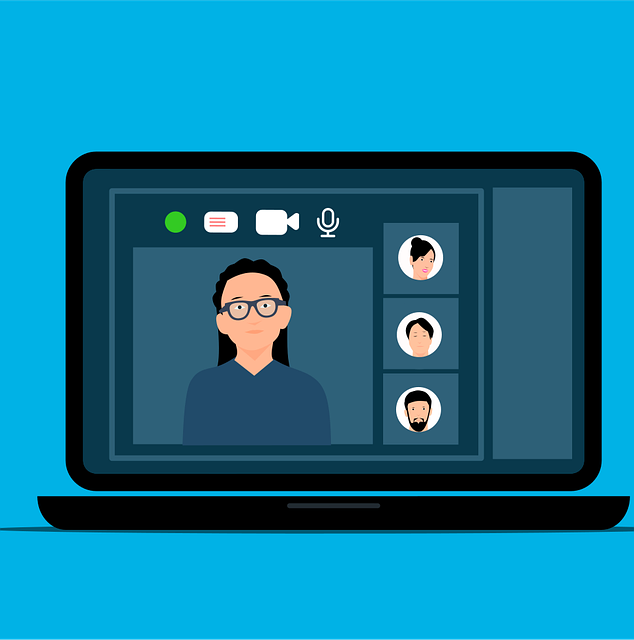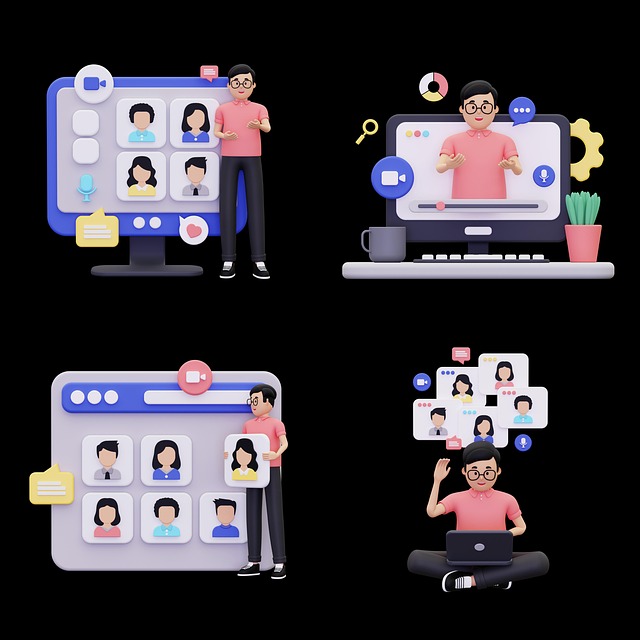Digital marital therapy, or virtual couples counseling, leverages technology to provide accessible, convenient, and flexible mental health support for relationships from home, breaking geographical barriers. While offering safety, privacy, and wider access, particularly for remote areas or busy schedules, it requires additional effort from therapists to build rapport and ensure productive sessions. Despite privacy concerns, robust encryption protocols ensure data security, making virtual couples counseling a reliable option.
“Experience the future of relationships with Digital Marital Therapy—a modern twist on traditional couples counseling. This innovative approach leverages virtual platforms to make therapy more accessible and flexible for busy couples. From the comfort of home, partners can connect, communicate, and grow together.
Yet, as this method gains traction, understanding its benefits and challenges is crucial. This article explores the technology behind it, the advantages of accessibility and flexibility, and the potential hurdles of privacy, trust, and effectiveness in virtual couples counseling.”
- Understanding Digital Marital Therapy: A Modern Approach to Couples Counseling
- Benefits of Virtual Couples Counseling: Accessibility and Flexibility
- The Technology Behind It: Platforms and Tools for Effective Session Delivery
- Challenges and Considerations: Privacy, Effectiveness, and Building Trust in the Virtual Space
Understanding Digital Marital Therapy: A Modern Approach to Couples Counseling

Digital marital therapy, also known as virtual or online couples counseling, is a modern approach to addressing relationship challenges. In today’s digital era, many couples are turning to technology for support and guidance in their relationships. This innovative method provides an accessible and convenient alternative to traditional in-person therapy sessions. With the help of video conferencing tools and secure platforms, married couples can engage in counseling from the comfort of their homes, eliminating geographical barriers.
Couples counseling virtual sessions offer a range of benefits. They provide a safe and private space for individuals to openly discuss issues, allowing for deeper introspection and emotional connection. The digital platform also enables therapists to reach a wider audience, making mental health services more accessible. Moreover, online therapy sessions can be more flexible in terms of scheduling, accommodating couples with busy lifestyles or those who prefer the convenience of remote sessions.
Benefits of Virtual Couples Counseling: Accessibility and Flexibility

In today’s digital era, couples counseling virtual sessions have become a game-changer in accessing mental health services. One of the most significant advantages is the unparalleled accessibility it offers. No longer confined to physical locations, couples can now connect with therapists from the comfort of their homes, making therapy more inclusive and convenient. This shift is especially beneficial for busy individuals or those living in remote areas who might have had limited options previously.
The flexibility virtual couples counseling provides is another significant draw. Sessions can be scheduled at times that suit both partners, allowing them to maintain a healthy work-life balance while prioritizing their relationship. This adaptability encourages more open communication and active participation, as the couple can choose a time when they are most relaxed and receptive to discussing sensitive topics.
The Technology Behind It: Platforms and Tools for Effective Session Delivery

The digital revolution has transformed many aspects of our lives, and mental health services are no exception. Couples counseling virtual platforms have emerged as powerful tools to connect couples in need of support from the comfort of their homes. These online therapy sessions leverage advanced technology to facilitate effective communication and create a safe, secure environment for sensitive discussions.
Video conferencing software is at the heart of these digital marriages, allowing therapists to interact with clients face-to-face virtually. This technology enables real-time interaction, ensuring immediate feedback and engagement during sessions. Additionally, cloud-based document storage and shared whiteboards facilitate collaboration on goal setting, action plans, and progress tracking. With robust encryption protocols in place, couples counseling virtual services prioritize client privacy and data security, addressing common concerns about online therapy.
Challenges and Considerations: Privacy, Effectiveness, and Building Trust in the Virtual Space

Couples counseling virtual platforms offer a convenient and accessible solution for many, but they also present unique challenges. One of the primary concerns is privacy and security. As sessions take place online, ensuring sensitive information remains confidential is paramount. Therapy involves intimate discussions, and clients must trust that their data is protected from unauthorized access or breaches. This trust is essential to fostering an open and honest environment, which is crucial for successful therapy.
Effectiveness is another critical consideration. Virtual couples counseling can be highly beneficial, but it may not suit every situation or individual preference. Some couples thrive in the online setting, while others might struggle with technical issues or find it harder to establish a strong therapeutic connection without physical proximity. Building trust and rapport in a virtual space requires additional effort, and therapists must adapt their approaches to meet these unique challenges, ensuring that the counseling experience remains impactful and productive.
Digital marital therapy emerges as a game-changer in the field of couples counseling, offering unprecedented accessibility and flexibility. By leveraging virtual platforms and tools, this modern approach addresses relationship challenges with enhanced convenience and privacy. While challenges like building trust and ensuring effectiveness persist, the benefits of digital counseling cannot be overlooked. As technology continues to evolve, virtual couples counseling is poised to play a vital role in supporting connections across diverse landscapes.






